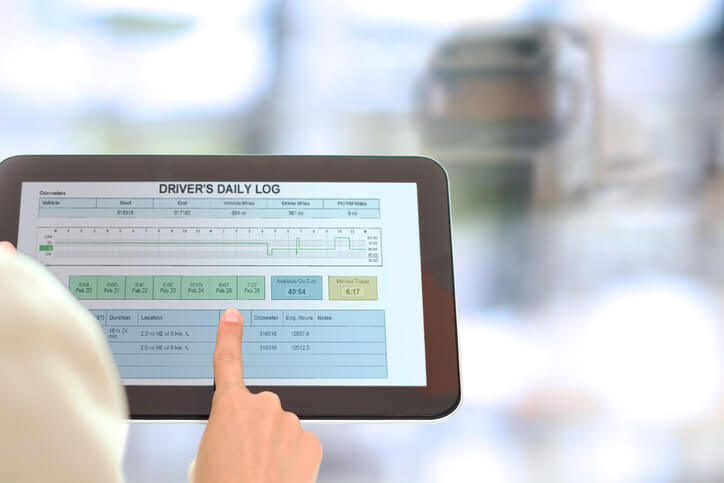Considering Dispatch College? 5 Scheduling Tips to Remember
The Canadian transportation and logistics industry is recognized as one of the biggest sectors in the country, and dispatchers are some of the industry’s most important personnel. Since dispatchers are responsible for driver and trip scheduling and all driver communication while on the job, superior organization and attention to detail are key requirements for their job.
One crucial aspect of your job as a dispatcher will be managing schedules effectively. Whether you’re coordinating deliveries, managing transportation routes, or handling emergency services, efficient scheduling is the key to success. In this blog, we will discuss five scheduling tips to help you stay organized and ensure smooth operations after dispatch college.
1. Create a Well-Defined SOP And Monitor Implementation
To help the fleet business succeed, it’s essential to have a well-defined and efficient standard operating procedure (SOP). SOPs are crucial for clarifying tasks, reducing confusion, and improving overall productivity. Implementing daily reporting is also vital for tracking the execution of these processes effectively.
Our dispatch courses emphasize the fact that efficient work processes serve as the foundation of a thriving fleet business. They provide clear guidelines for employees, ensuring consistent and effective task performance. By defining and documenting processes, you establish standardized procedures for important activities like vehicle maintenance, driver scheduling, fuel management, and customer service. This consistency leads to improved efficiency, reduced errors, and enhanced customer satisfaction.
2. Streamline Driver Scheduling through Dispatch Training
To create a trip schedule that works smoothly for all drivers while complying with Hours of Service (HOS) regulations, start by verifying their availability. Establish a clear communication channel for drivers to submit their availability, time-off requests, and preferences. This ensures that scheduling conflicts are avoided while maintaining positive relationships with your drivers.
Once you have their availability, prioritize drivers based on their loyalty and efficiency. Consider using early start times as incentives to encourage good behaviour and promote productivity among your team.
3. Plan Your Schedule in Advance
You can effectively save time by planning ahead through strategies like setting up geo zones, adding subcontractors, and creating document templates. Confirming plans for the upcoming workday, such as checking the predetermined routes, the weather forecast, possible road maintenance or closures, and adjusting the itinerary thereof as needed, enhances workflow efficiency and reduces last-minute changes. Proactive planning improves overall operations and allows more time for essential tasks.

4. Leverage Dispatch Management Software
Finding the most efficient routes is essential for saving time and money. Using a dispatch management software program can help eliminate the guesswork involved in this task, resulting in improved budget and time management and more time for other important responsibilities.

Dispatch management software offers various benefits in terms of increasing driver visibility and providing valuable data on driver behaviour and fleet maintenance requirements. Additionally, it facilitates paperless e-ticketing, generates custom reports, and serves as a highly useful tool specifically designed for trucking dispatchers in the construction industry. Embracing this software can significantly enhance your efficiency and effectiveness in managing your fleet operations.
5. Use a Single Communication Channel
To simplify your communication processes, aim to consolidate information into a single, reliable method instead of using multiple channels like email, text, and radio. Again, dispatch management software is the perfect solution for streamlining communication and housing all trip information within one easy-to-use application. With this software, you won’t have to navigate between different platforms, and all relevant data will be accessible in one place. This tool will enhance your efficiency as a truck dispatcher after your dispatch training and allow you to communicate more effectively with your team members.
Are you ready to attend dispatch college?
Contact ATC Cambridge to learn how you can get started.


